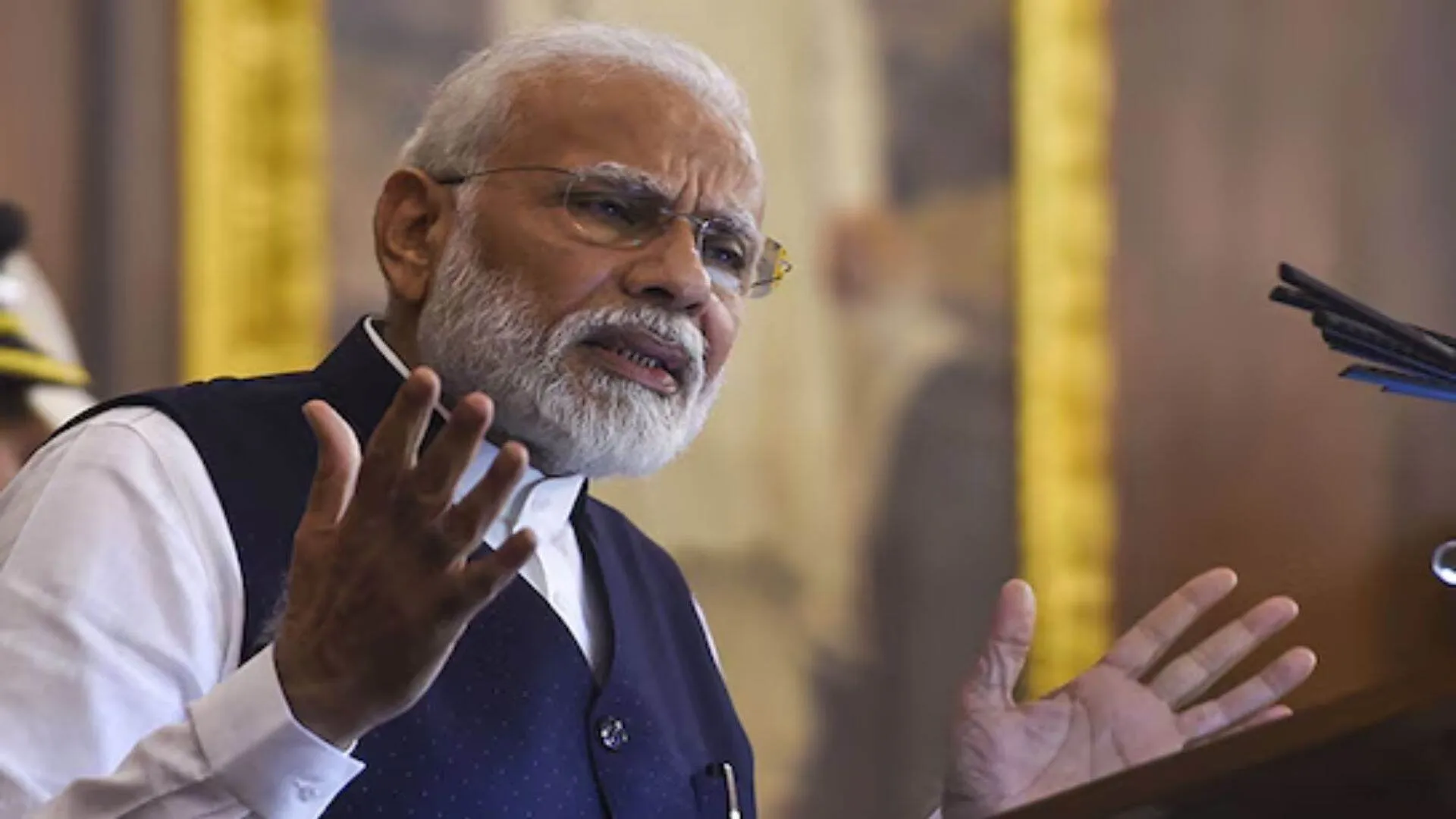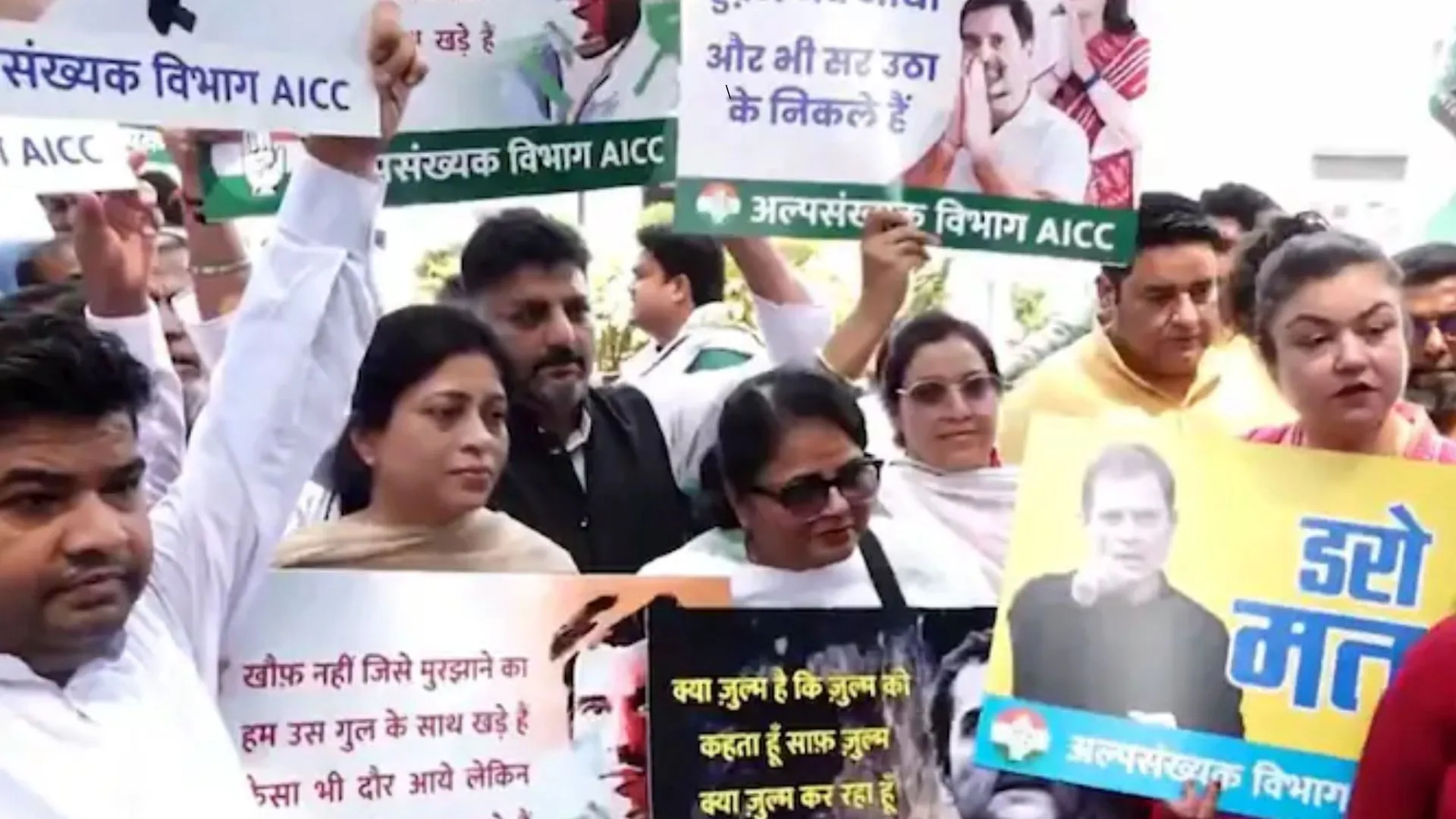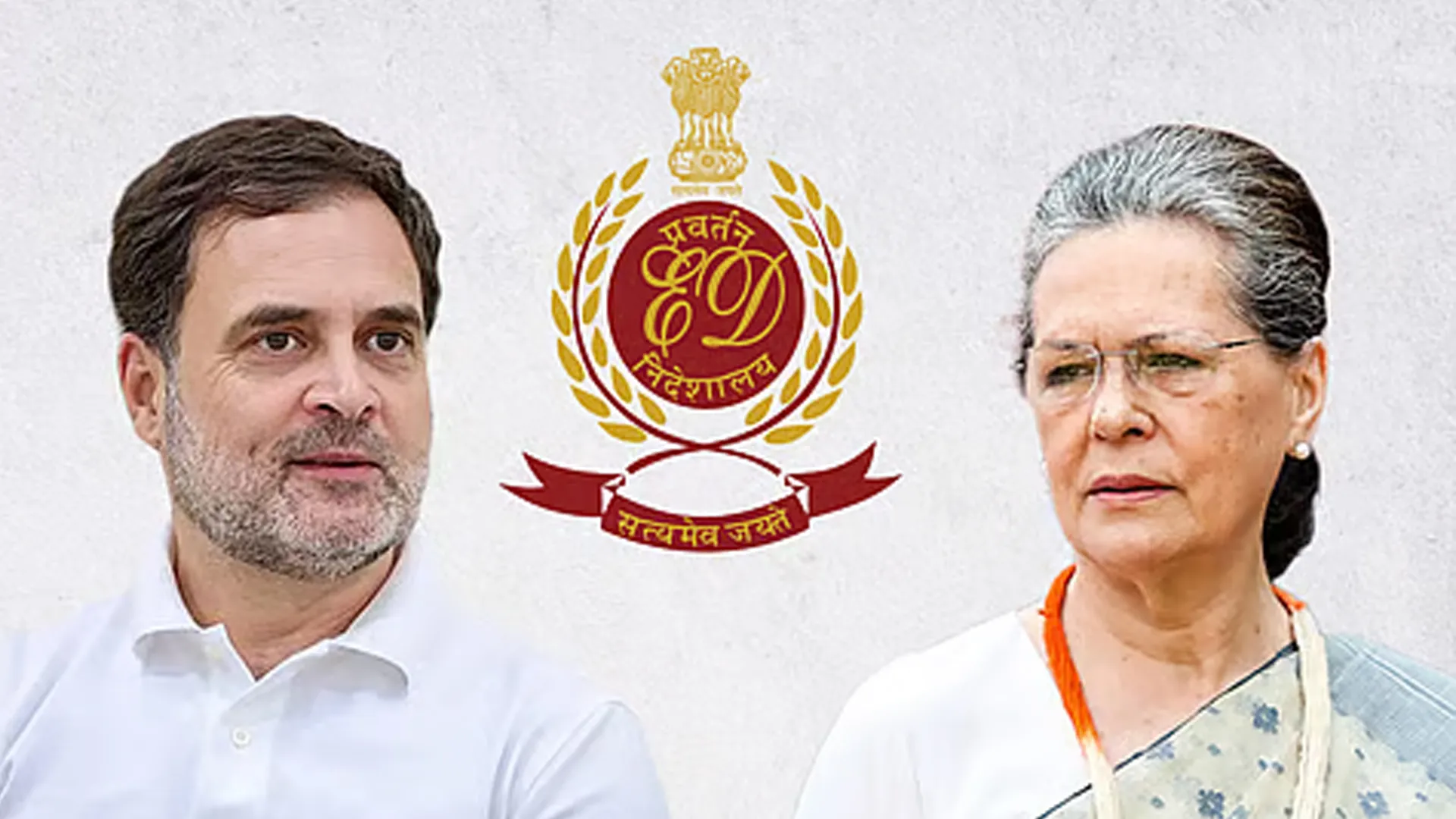The Prime Minister has once again showed his strength and assertiveness by taking a significant decision in the first year of his third term. Prime Minister Narendra Modi demonstrated his ability to take bold decisions in a coalition government, ensuring that allies were brought on board. His leadership signaled that he would continue making tough decisions in the future. A significant highlight of this strategy was the passing of the Waqf Bill in the Lok Sabha, where Union Home Minister Amit Shah’s pivotal role was evident. Shah, known for his political acumen, called as ‘Chanakya’ played a crucial part in the successful passage of the bill. His strategic brilliance, both in and outside Parliament, remains unmatched, leaving little room for the opposition to counter his moves. Shah’s approach in managing floor strategy and maintaining a strong front has proven effective, showcasing his meticulous planning. Whether it was the removal of Article 370 in Kashmir during Modi’s second term or the passing of the Waqf Bill in the third term, Amit Shah’s strong stance shows he won’t tolerate unnecessary opposition when it comes to national decisions. His leadership remains a crucial strength for the government, ensuring important policies move forward smoothly.
Union Home Minister Amit Shah, known for his strategic acumen, had earlier warned the opposition about the consequences of Article 370’s removal, hinting that Pakistan-occupied Kashmir would eventually be reclaimed. During the passage of the Waqf Bill in the Lok Sabha on Wednesday, Shah once again made it clear to the opposition that everyone must follow the law of the land. Under Prime Minister Modi’s leadership, Shah also played a crucial role in managing NDA alliances, ensuring unity despite opposition hopes of a rift. Parties like JDU and Shiv Sena reinforced the strength of the alliance, sending a clear message that the NDA remains intact. The passage of the Waqf Bill further strengthened the NDA, while the opposition found itself cornered. With the bill’s passage, Modi achieved multiple objectives in one move. The opposition, particularly Congress, found itself trapped in a dilemma after opposing the bill. This reinforced the perception of Congress indulging in Muslim appeasement politics, following previous opposition to key measures like the Ram Mandir construction, the triple talaq law, and Article 370. The BJP’s strategy, bolstered by constitutional arguments, effectively discredited Congress’ claims of a constitutional crisis, exposing their narrative as baseless. The BJP firmly positioned itself as the true defender of the Constitution, leaving the opposition struggling to counter its moves.
Prime Minister Modi, by introducing the Waqf Bill in the first year of his third term, has put Congress in a difficult position, accusing them of Muslim appeasement politics and challenging their claims about the Constitution. This move sends a message to Hindus while also confusing some Muslims. If even a small number of poor Muslims start supporting the BJP, it will be a significant setback for the opposition and a big win for the BJP, much like how Muslim women turned toward the BJP after the Triple Talaq law was passed.
Once the Waqf Bill becomes law and the government begins reclaiming occupied lands to give them to needy Muslims, Congress will be further trapped. In states like Uttar Pradesh, Bihar, and Assam, BJP will directly benefit from this shift. In Kerala, where Congress faces increasing challenges, the Waqf Bill could change the political landscape. If the government starts returning occupied Waqf lands to poor Muslims and Christians in Kerala, it could alter the outcome of upcoming elections. The BJP has made significant strides in Kerala, and a shift in voter support could hurt Congress, especially if they lose the state for the third time.
Modi’s move with the Waqf Bill is a smart political strategy that could split the opposition. Parties like SP, RJD, and TMC, which focus on Muslim appeasement, will now have to compete for Muslim votes. This will isolate Congress, particularly in Bihar, where the Waqf issue will be central to the elections. The more the opposition attacks the Waqf Bill, the more Hindu voters may turn toward the BJP. After setbacks in Haryana, Maharashtra, and Delhi, the opposition is struggling to find a clear issue to attack the NDA government on.
Although the opposition is showing unity over the Waqf Bill, this unity will likely end after the budget session ends on April 4. These parties won’t be able to openly focus on the Waqf issue in their states. If Congress continues pushing its agenda for backward classes, it will create even more division within the opposition. The BJP is just beginning its strategy of appeasing different communities, and more actions are planned in the future. Issues like Kashi, Mathura, and even Pakistan-occupied Kashmir (POK) are still on the horizon.























